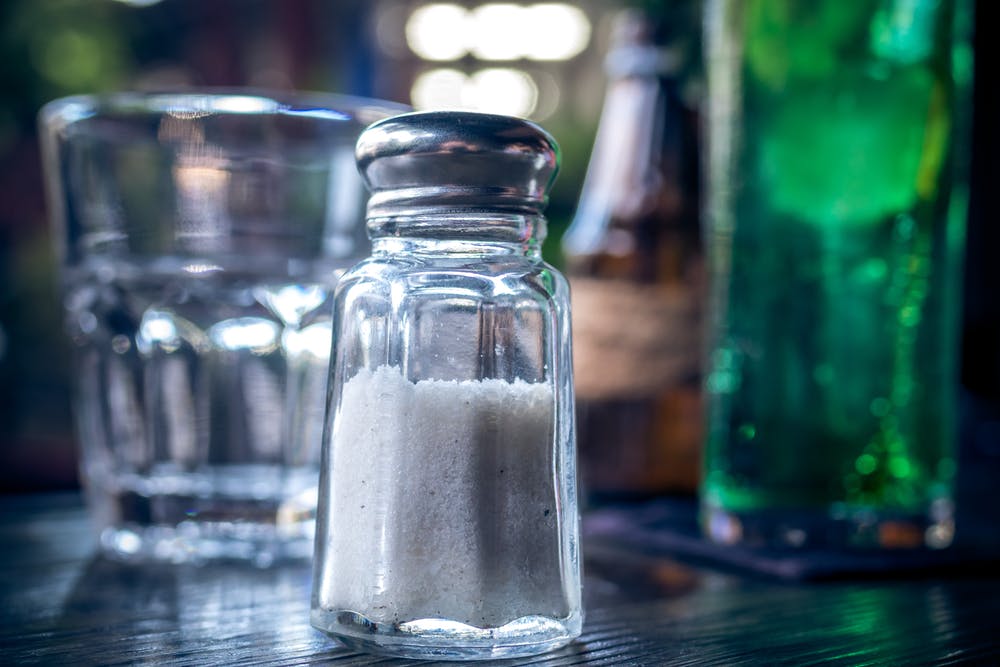Having too much salt isn't just a taste issue; it can become a serious health concern as well.
We all know the feeling of having had too much salt in a single meal -- unbelievably thirsty and a bit bloated, but you still can't stop drinking water. What's going on?
What happens when you have too much salt?
In a nutshell, your body retains water to try and compensate for the increased sodium levels. This, in turn, raises your blood pressure because you simply have more blood volume in your vessels. Over time, having an elevated blood pressure can lead to a heart attack, heart failure, or stroke.

Who should be concerned about salt intake?
Having too much salt isn't a good idea for anyone, but certain groups are more susceptible to risks associated with elevated blood pressure due to high levels of sodium.
According to the Harvard School of Public Health, there are four groups of people who should be particularly aware of their daily salt intake:
- Adults aged 50 and older
- People who already have elevated blood pressure
- African-Americans
- People with diabetes
So how much salt CAN I have?
The American Heart Association recommends no more than 2.3 grams of salt per day. Folks, this is equivalent to one TEASPOON of salt for the whole day! Not surprisingly, the average American takes in much more than that -- approximately 3.4 grams -- mostly from prepared foods.
Try a little experiment on a day when you're home cooking. Measure out three teaspoons of salt and try to cook enough food for three days. It may seem easy, but don't forget to factor in the sodium in salad dressings, condiments, and dairy products like cheese or butter. Are you able to do it?

Whether you've got textbook blood pressure or are a little on the high side, it's never too early to start thinking about your daily salt intake. Next time you reach for that salt shaker, remember your heart!
Do you monitor your daily salt intake? What are some easy tips you've discovered? Let us know in the comments below.
